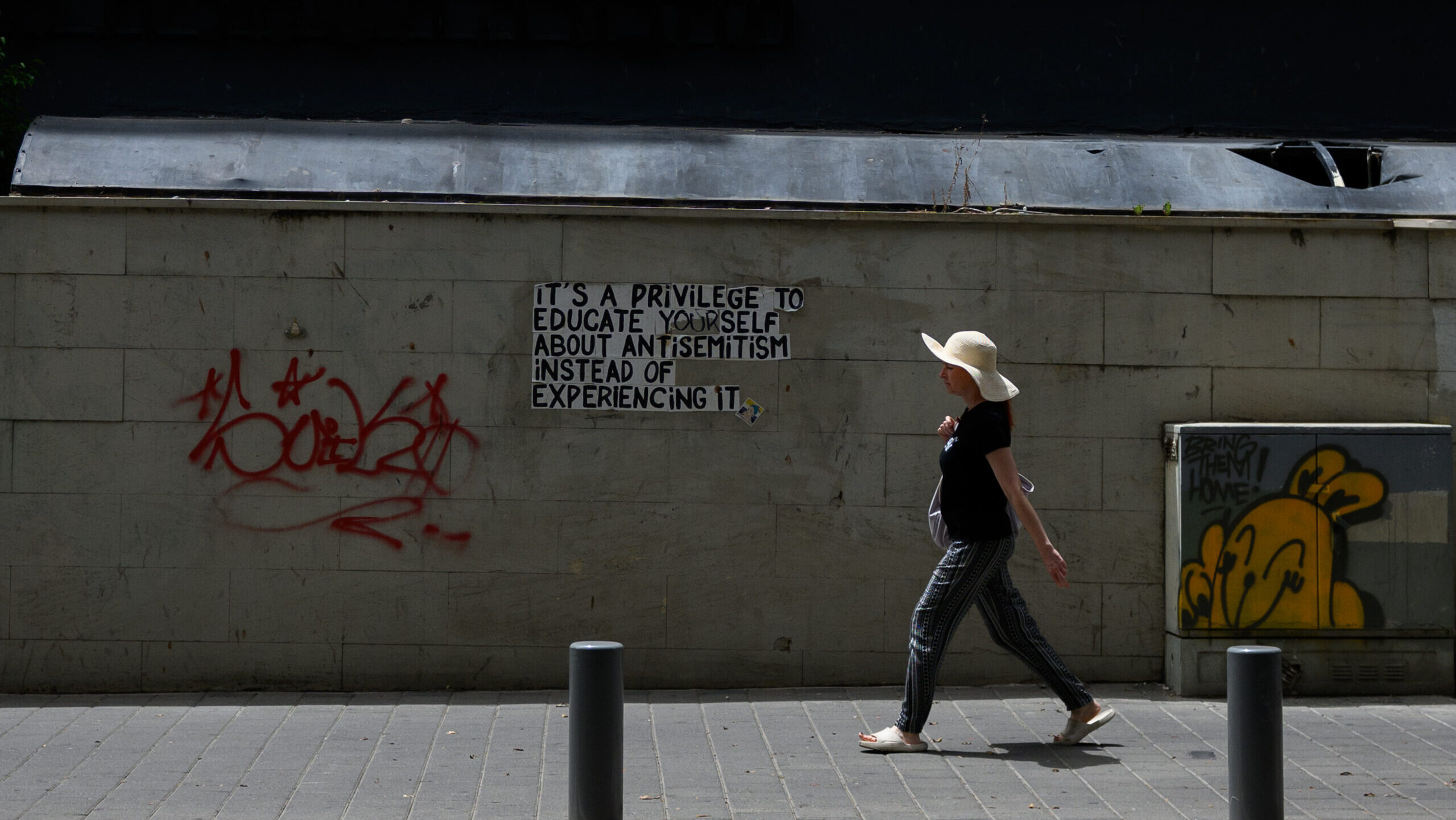Israeli Expatriates Report Extensive PTSD Following October War, University Study Confirms
A recent study from the University of Haifa has unveiled alarming levels of Post-Traumatic Stress Disorder (PTSD) symptoms among Israelis living abroad following the October 7 Iron Swords War. The research revealed that 66.4% of this population experienced PTSD symptoms, with a notable number expressing anxiety related to their personal connections in Israel and experiences of antisemitism.
Researchers, led by Dr. Yael Mayer and Dr. Yael Enav, found that exposure to anti-Israel and antisemitic sentiment was widespread, with 91% of respondents encountering such attitudes. This has led to significant levels of fear and insecurity, with many respondents concealing Jewish symbols and avoiding certain places due to their visibility as Jews or Israelis. The sense of vulnerability extended to fears about the safety of their families in Israel and concerns about their children’s security abroad.
Give the gift of hope
We practice what we preach:
accurate, fearless journalism. But we can't do it alone.
- On the ground in Gaza, Syria, Israel, Egypt, Pakistan, and more
- Our program trained more than 100 journalists
- Calling out fake news and reporting real facts
- On the ground in Gaza, Syria, Israel, Egypt, Pakistan, and more
- Our program trained more than 100 journalists
- Calling out fake news and reporting real facts
Join us.
Support The Media Line. Save democracy.
The study also highlighted a profound connection between Israelis abroad and their homeland, reflected in their strong sense of belonging and desire to support Israel from afar. Despite their geographical distance, many reported feeling a heavy burden of guilt for not being physically present in Israel during the conflict.
This extensive study involved 506 participants from across the globe, providing a snapshot of the Israeli expatriate community’s psychological state two months into the conflict. The findings underscore the broader impacts of the war, extending far beyond Israel’s borders to its global diaspora.



